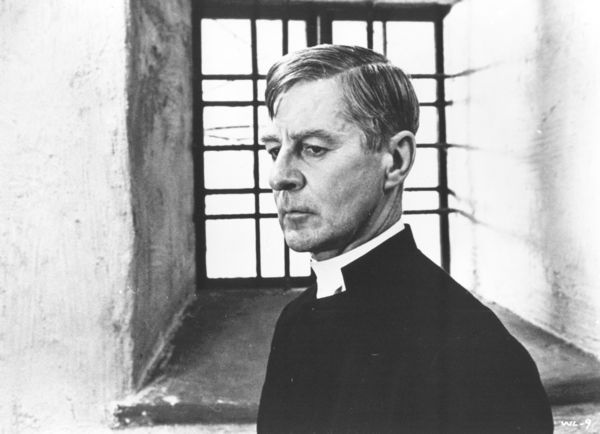Namnsdagar i januari
Svea and Gunnar
-
 “Moder Svea” by Alfred Nyström in 1891, in Berga.
“Moder Svea” by Alfred Nyström in 1891, in Berga. -
-
Januari 2 Svea
The earliest mention of the Swedish female name Svea is at the end of the 17th century in the form of Moder Svea (Mother Svea) as a symbol for Sweden. Later on came Esaias Tegnér’s poem “Svea” in 1811, which established it as a name. Svea was a very popular name around the beginning of the 20th century and is now getting some attention again. Svea is a Swedish female name which derives from svea, an old plural genitive form meaning "of the Swedes" or the Swea. It appears in Svea rike meaning "kingdom of the Swedes" (Swea Region), an older form of Sverige, the Swedish name for Sweden. Moder Svea is the female personification of Sweden and a patriotic emblem of the Swedish nation. Mother Svea is normally depicted as a powerful female warrior or shieldmaiden, frequently holding a shield and standing beside a lion. The popular image is considered to have been created by Swedish writer Anders Leijonstedt (1649–1725), when he first introduced it in his poem “Svea Lycksaligheets Triumph” (1672). As a patriotic symbol, Moder Svea gained widespread popularity in “Kunga Skald” (1697), written by Swedish poet Gunno Eurelius (1661–1709), in honor of King Karl XI. Mother Svea appeared frequently as a national symbol in 19th century Swedish literature and culture. She appeared on various Swedish banknotes for over seventy years, such as both the 5-kronor banknote printed between 1890–1952 and the 5-kronor banknote printed between 1954-1963. Swedish singer Lena Philipsson and composer Torgny Söderberg wrote a song entitled “Moder Swea” which was introduced in the 1995 album Lena Philipsson. -
 Actor Gunnar Björnstrand (1909-1986).
Actor Gunnar Björnstrand (1909-1986). -
-
Januari 9 Gunnar
The male name Gunnar is of Nordic origin (Gunnarr in Old Norse), and means fighter, soldier and attacker (“gunn” means war and “arr” means warrior). Gunnar is also a surname in Sweden but as such is not so common. In 1900, Gunnar was the most common name for boys. Actor Gunnar Björnstrand (1909-1986) was known for his frequent work with Ingmar Bergman. Born in Stockholm, Björnstrand went to drama school with Ingrid Bergman and Signe Hasso and was known as a versatile actor who could play tough and tender roles as well as comedy and tragedy. His daughter Veronica Björnstrand is also an actress. One of Björnstrand's most famous roles was as the worldly squire who makes such a contrast to his austere and spiritual master in Bergman's most famous film “The Seventh Seal”. -
-
